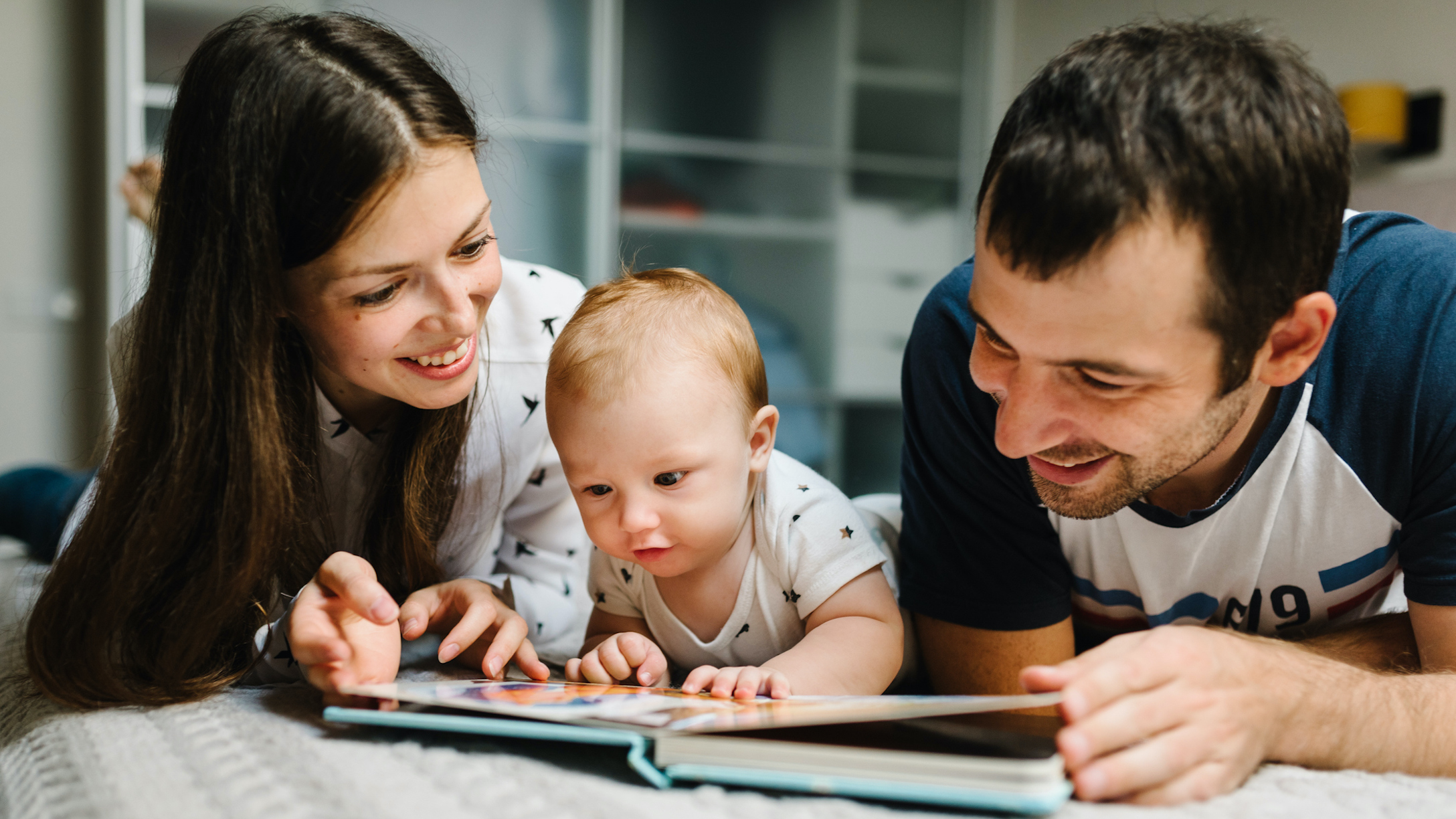

As parents, we all want what’s best for our children — we want them to be happy and healthy, and have all the opportunities they deserve. Of course, we all know that our society is not set up in a way that benefits everyone equally. One of the biggest barriers to equality is education: children from under-resourced communities enter kindergarten an average of 18-months behind their more advantaged peers. No school system can remediate a gap on this large of scale.
Children are born learning, and kids who have access to solid education and nurturing relationships from an early age are set up to succeed later in life. Start Early explains, “Inequality starts at birth and the impact lasts a lifetime. A child’s brain develops faster from birth to age 5 than at any other time.”
The earlier you start giving children educational opportunities, the more likely they are to succeed in school later. “Research overwhelmingly finds what happens in a child’s earliest years is the most important for healthy development and long-term well-being,” explains Start Early.
One of the best ways to combat social inequality and the opportunity gap is by providing children and families with quality early learning and care opportunities, starting before birth with and doula and home visiting services and continuing through the first five years.
What is the opportunity gap?

According to Start Early, “Opportunity Gap refers to the fact that the arbitrary circumstances in which people are born — such as their race, ethnicity, ZIP code and socioeconomic status — determine their opportunities in life, rather than all people having the chance to achieve to the best of their potential. These factors contribute to or perpetuate lower educational aspirations, achievement and attainment for certain groups of students.”
What are the benefits of quality early learning and care?

According to the CDC, “Early childhood education (ECE) interventions can improve all children’s development and act as a protective factor against the future onset of adult disease and disability. Children disadvantaged by poverty may experience an even greater benefit because ECE programs also seek to prevent or minimize gaps in school readiness between low-income and more economically advantaged children.”
Start Early explains, “High-quality early education for infants and toddlers involves a lot of loving, communicating and playing. It means helping parents learn to be their child's first teacher and best advocate.”
Fast Facts:
Kids who experience quality early learning and care programs are 25% more likely to graduate from high school, are four times more likely to complete a bachelor’s degree or higher, and can earn up to 25% more in wages as an adult.
Who is Start Early?

Start Early is a champion for early learning and care from a child’s very first moments, so every child has the opportunity to thrive in school and in life. As a national nonprofit with nearly 40 years of experience, Start Early provides educational resources for families and professionals, partners with government officials and policymakers to make sure policies prioritize early childhood education, and works directly with children to do research and implement their early learning programs.



